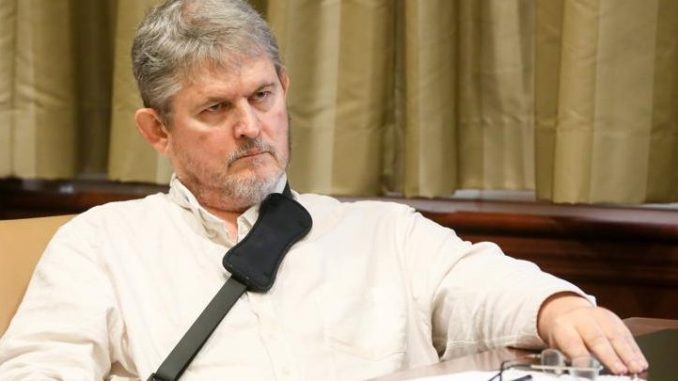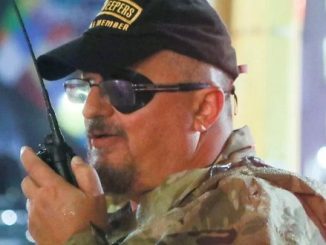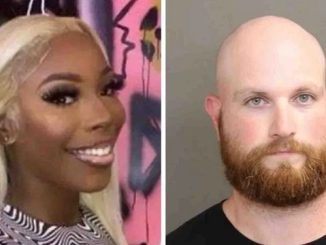
By Lauren Pack
FIRST REPORT: Data from man’s pacemaker led to arson charges
Compton, who was free on his own recognizance, failed to show up for a court hearing in March 2018, just days before his trial in Butler County Common Pleas Court, and Judge Charles Pater issued a warrant for his arrest. In July, he was back in custody and again appeared before Pater, who set his bond at $100,000.
Defense attorney Charles Conliff requested an evaluation to determine Compton’s competency, whether he understood the charges against him and was capable of assisting with his defense.
In November, after reviewing the report, Pater declared Compton competent and set a trail date for March 4. The defense is requesting the trial be continued again because it is not ready for trial “due to the complexity of the matter involved.”
MORE: Judge: Pacemaker data can be used at Middletown arson trial
The case is believed to be the first of its kind to use data from a beating heart as evidence. Last year, Pater ruled that evidence from Compton’s pacemaker could be presented at trial.
Middletown detectives said Compton gave statements that were “inconsistent” with evidence collected at the scene and from his medical device.
Compton, who has an artificial heart implant that uses an external pump, told police he was asleep when the fire started. When he awoke and saw the fire, he told police he packed some belongings in a suitcase and bags, broke out the glass of his bedroom window with a cane, and threw the bags and suitcase out the window before climbing out the window himself and taking the bags to his car.
Police then obtained a search warrant for all of the electronic data stored in Compton’s cardiac pacing device, according to court records.
The data taken from Compton’s pacemaker included his heart rate, pacer demand, and cardiac rhythms before, during and after the fire.
A cardiologist who reviewed that data determined “it is highly improbable Mr. Compton would have been able to collect, pack and remove the number of items from the house, exit his bedroom window and carry numerous large and heavy items to the front of his residence during the short period of time he has indicated due to his medical conditions,” according to court documents.
Compton’s former defense attorney, Glenn Rossi, argued the pacemaker evidence should be thrown out because the search was an invasion of Compton’s constitutional rights and unreasonable seizure of his private information.





Be the first to comment